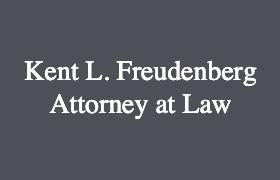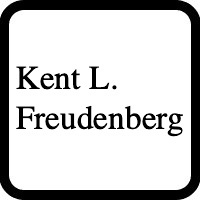Cascade Foreclosure Lawyer, Colorado
Sponsored Law Firm
-
 x
x

Click For More Info:
-
Kent L. Freudenberg, Attorney at Law
115 East Las Animas Street Colorado Springs, CO 80903» view mapDivorce & Family Law Competent Legal Representation
Let the law office of Kent L. Freudenberg, Attorney at Law handle all your Divorce & Family Law needs today!
800-881-7201
Not enough matches for Cascade Foreclosure lawyer.
Below are all Cascade Real Estate lawyers.
Terence Edward Doherty
✓ VERIFIEDBusiness, Real Estate, Estate Planning, Litigation, Intellectual Property
Attorney Terence E. Doherty provides knowledgeable, experienced representation while ensuring that clients receive the individual access and personal ... (more)
Kent Lee Freudenberg
✓ VERIFIEDDivorce & Family Law, Real Estate, DUI-DWI
Kent Lee Freudenberg is a practicing lawyer in the state of Colorado.
FREE CONSULTATION
CONTACTMachelle Gielarowski
Social Security -- Disability, Medical Malpractice, Workers' Compensation, Premises Liability
Status: In Good Standing
Catherine Anne Seal
Elder Law, Wills & Probate, Commercial Real Estate, Trusts
Status: In Good Standing Licensed: 29 Years
Matthew James Zendejas
Real Estate, Lawsuit & Dispute, Divorce & Family Law, Business
Status: In Good Standing Licensed: 31 Years
John Michael Stinar
Trusts, Business, Commercial Real Estate, Tax
Status: In Good Standing Licensed: 43 Years
Michael Custer Cook
Tax, Commercial Real Estate, Business, Bankruptcy & Debt
Status: In Good Standing Licensed: 47 Years
Michael Cleon Cook
Tax, Commercial Real Estate, Real Estate, Business
Status: In Good Standing Licensed: 31 Years
Stephen Harris
Real Estate, Construction, Environmental Law Other, Litigation
Status: In Good Standing Licensed: 31 Years
 Kent Freudenberg Colorado Springs, CO
Kent Freudenberg Colorado Springs, CO AboutKent L. Freudenberg, Attorney at Law
AboutKent L. Freudenberg, Attorney at Law


